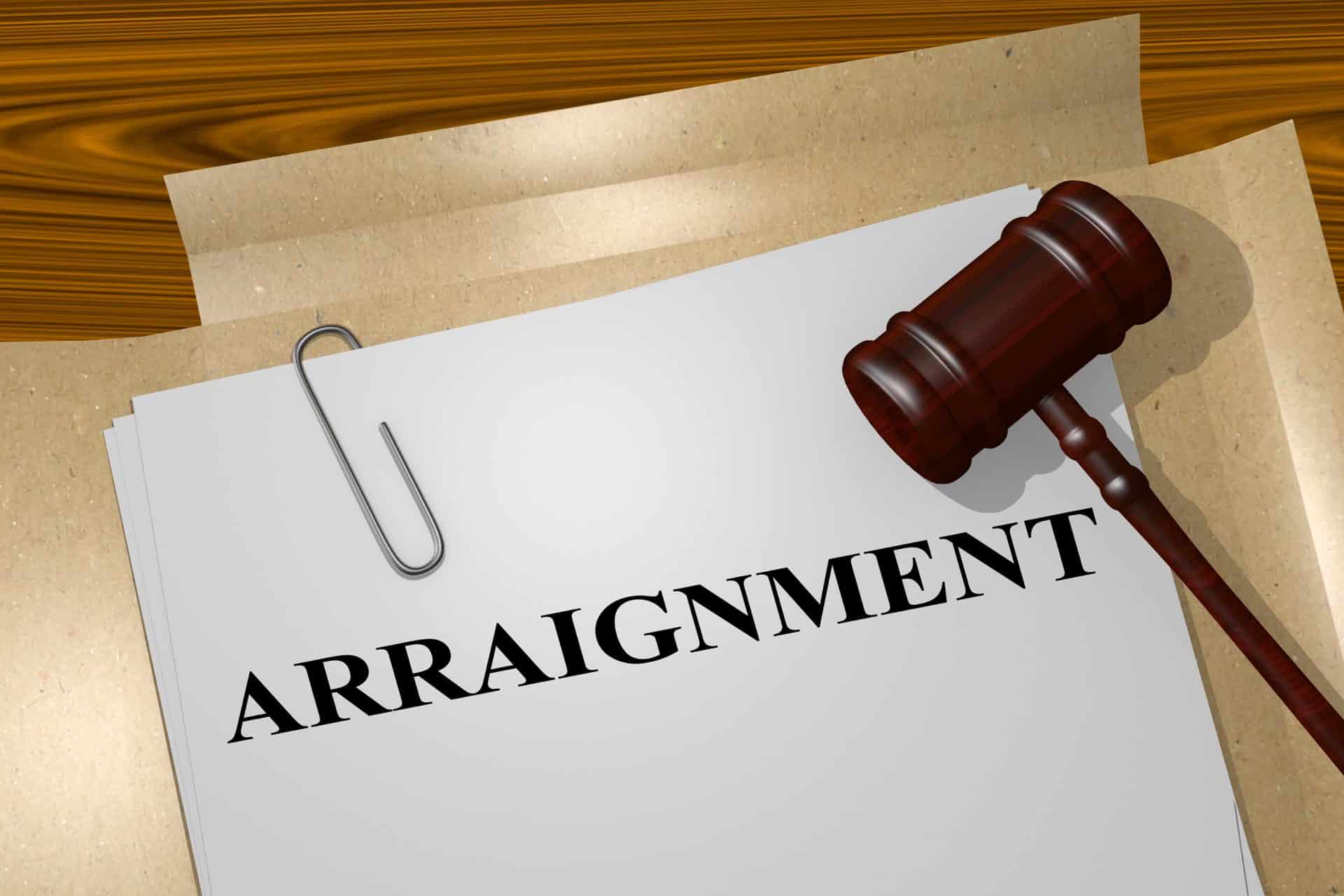
In Brazoria County, Texas, the judicial approach to drug offenses is stringent, reflecting the growing concern over the rise in drug-related crimes. As these incidents become more prevalent, residents, offenders, and their families must be well-informed about the complexities of drug classifications and the corresponding sentencing options.
This guide will delve into the specifics of drug categories, sentencing options, and key sections of the Texas Health and Safety Code that are pertinent to drug offenses in the county. By understanding these facets, individuals can better navigate the legal landscape of Brazoria County’s drug laws.
Drug-Free Zones in Texas
In Texas, the establishment of Drug-Free Zones signifies the state’s commitment to ensuring safe and drug-free environments for the most vulnerable populations, especially children. These zones are designated areas wherein drug-related activities, particularly possession, are deemed especially egregious due to their proximity to places frequented by minors.
A drug possession offense within a Drug-Free Zone, specifically within 1,000 feet of a school or a daycare facility, can result in heightened penalties. The rationale behind this is clear: children and young adults should be protected from the negative influences and dangers associated with drug-related activities.
Implications for Offenders:
- Severity of Penalties: If an individual is found in possession of illegal drugs within these zones, they could face stiffer sentences than if the offense occurred elsewhere. This might include longer jail or prison terms and heftier fines.
- Compounded Charges: Apart from the primary drug possession charge, being within a Drug-Free Zone might bring enhanced charges or compound the gravity of the offense.
- Bail and Parole Considerations: Committing a drug offense within a Drug-Free Zone can also impact bail considerations, making it either more expensive or challenging to secure. It might also influence parole decisions down the line.
Given the enhanced ramifications of drug offenses within these zones, it’s essential for individuals to be acutely aware of the boundaries of Drug-Free Zones and the added risks associated with drug possession in these areas. Additionally, having proficient legal representation becomes even more critical to navigating the complexities of such cases.
Brazoria County Drug Classification and Sentencing
In Brazoria County, Texas, understanding the intricacies of drug classifications and their associated legal penalties is crucial for both residents and legal professionals. The state has structured its drug sentencing guidelines based on the type and quantity of the substance involved, highlighting the gravity of drug offenses.
The following breakdown provides an in-depth look into Texas’s drug classification and sentencing, helping individuals gauge the potential consequences they might face under different scenarios. Dive into the details below to grasp the full picture of how Brazoria County categorizes and penalizes drug-related offenses:
- Section 481.115 (Group 1: Cocaine, Heroin, Meth, etc.)
- <1 gram: State jail felony
- 1-4 grams: 3rd-degree felony
- 4-200 grams: 2nd-degree felony
- 200-400 grams: 1st-degree felony
- Section 481.1151 (Group 1-A: LSD)
- <20 units: State jail felony
- 20-80 units: 3rd-degree felony
- 80-4,000 units: 2nd-degree felony
- 4,000-8,000 units: 1st-degree felony
- Section 481.116 (Group 2: Ecstasy, Hashish, PCP, etc.)
- <1 gram: State jail felony
- 1-4 grams: 3rd-degree felony
- 4-400 grams: 2nd-degree felony
- 400 grams: 1st-degree felony
- Section 481.117 (Group 3: Steroids, Valium, Xanax, etc.)
- <28 grams: Class A misdemeanor
- 28-200 grams: 3rd-degree felony
- 200-400 grams: 2nd-degree felony
- 400 grams: 1st-degree felony
- Section 481.118 (Group 4: Opiates, opioids, certain prescriptions)
- Penalties align with Group 3 substances.
- Section 481.121 (Marijuana)
- <2 ounces: Class B misdemeanor
- 2-4 ounces: Class A misdemeanor
- 4 oz – 5 lbs: State jail felony
- 5-50 lbs: 3rd-degree felony
- 50-2,000 lbs: 2nd-degree felony
- 2,000 lbs: 1st-degree felony
- Note: paraphernalia possession usually carries a fine of up to $500.
Punitive and Rehabilitative Measures
In Brazoria County, Texas, addressing drug offenses is a multifaceted process, emphasizing punitive and rehabilitative measures. Here’s a deeper explanation of the primary mechanisms in place:
Probation in Brazoria County
In the arena of drug defense, probation stands out as a prominent sentencing option for those charged with drug crimes. This measure permits the offender to reside within the community, albeit with specified conditions and under supervision. Probation in Brazoria County is a strategic alternative to direct incarceration, fundamentally designed to reintegrate and rehabilitate the individual back into society.
- Advantages:
- Fosters an environment conducive to rehabilitation and societal reintegration.
- Offers a framework that tends to be less disruptive for the family of the offender.
- Disadvantages:
- Imposes strict conditions, which if breached, can swiftly lead to incarceration.
- Regular supervision might be perceived as invasive.
Drug Courts in Brazoria County
A pioneering initiative, drug courts are fine-tuned to cater specifically to drug offenders. These special courts underscore rehabilitation over punitive measures, thereby addressing the root causes of addiction.
- Advantages:
- Fosters a holistic approach to treatment programs for drug offenders.
- Offers the incentive of reduced or even dismissed charges upon legal completion.
- Disadvantages:
- Demands commitment to the treatment program.
- Anyone not following the rules can be subject to incarceration.
Rehabilitation Programs in Brazoria County
The county offers specialized rehabilitation programs that emphasize therapy and counseling to address and remedy addiction.
- Advantages:
- Delves deep into therapy to address the underlying triggers of drug abuse.
- Presents the potential for reduced sentences or charges.
- Disadvantages:
- It may not be available to all offenders.
- Successful completion is up to the offender. The benefits of these programs are easy to see, but the offender must eventually want to change.
As we’ve said, understanding these sentencing options is not just important—it’s non-negotiable. Drug offenders and their families must understand potential trajectories and outcomes. This is where the expertise of a criminal defense attorney becomes indispensable. The right representation, especially by an experienced drug defense lawyer, can significantly impact the outcome of a case within Brazoria County’s sentencing framework.
The Law Offices of Keith G. Allen, PLLC
Choosing the right criminal defense is pivotal. With a proven track record, Keith G. Allen emphasizes the importance of being well-represented, especially when navigating the intricacies of drug defense.
Are you or a loved one facing a drug offense in Brazoria County? Ensure the best possible defense with the Law Offices of Keith G. Allen, PLLC. With specialized areas of practice, including drug offenses, our expertise is unparalleled. Don’t leave your future to chance. Reach out at (832) 230-0075 for a comprehensive, no-commitment consultation.





